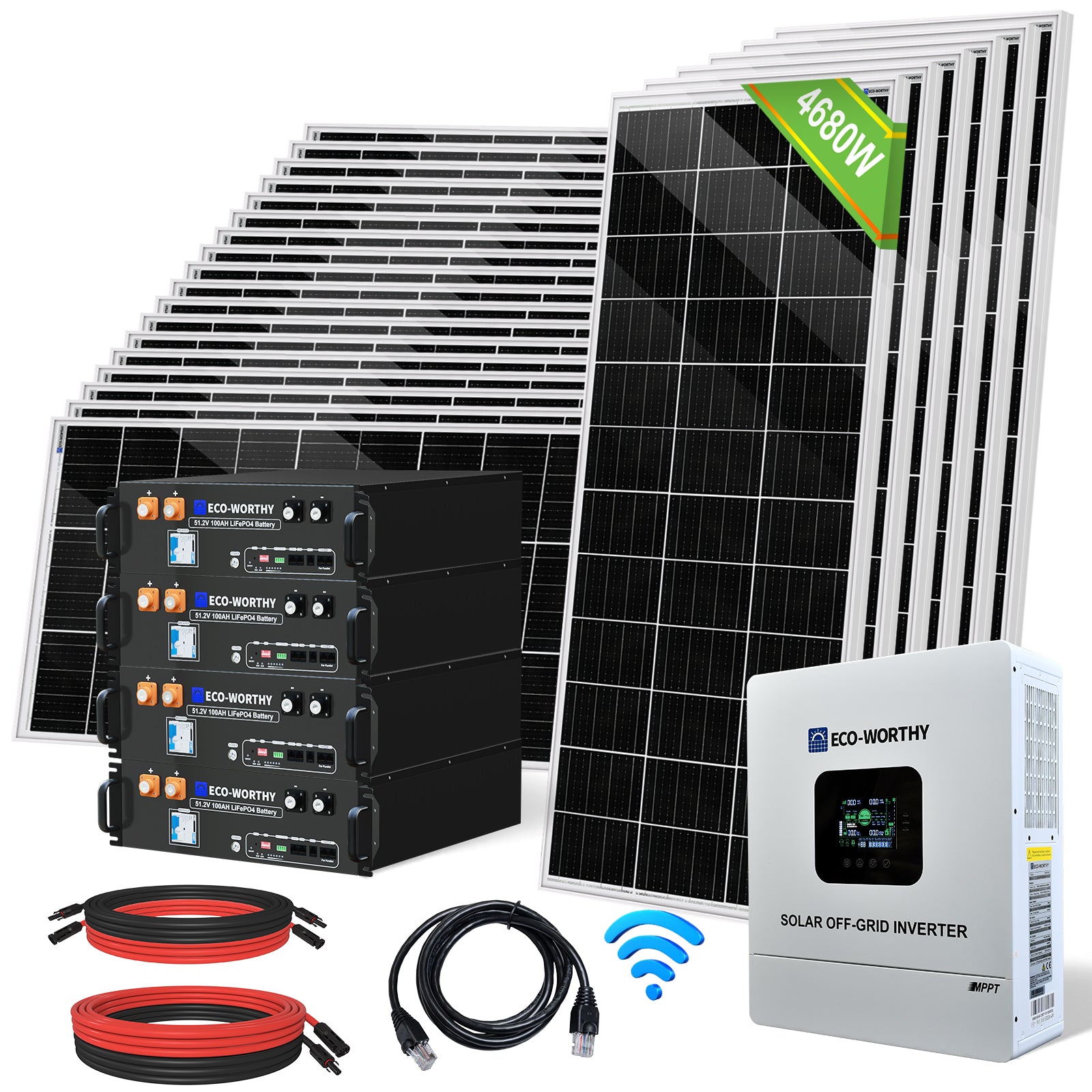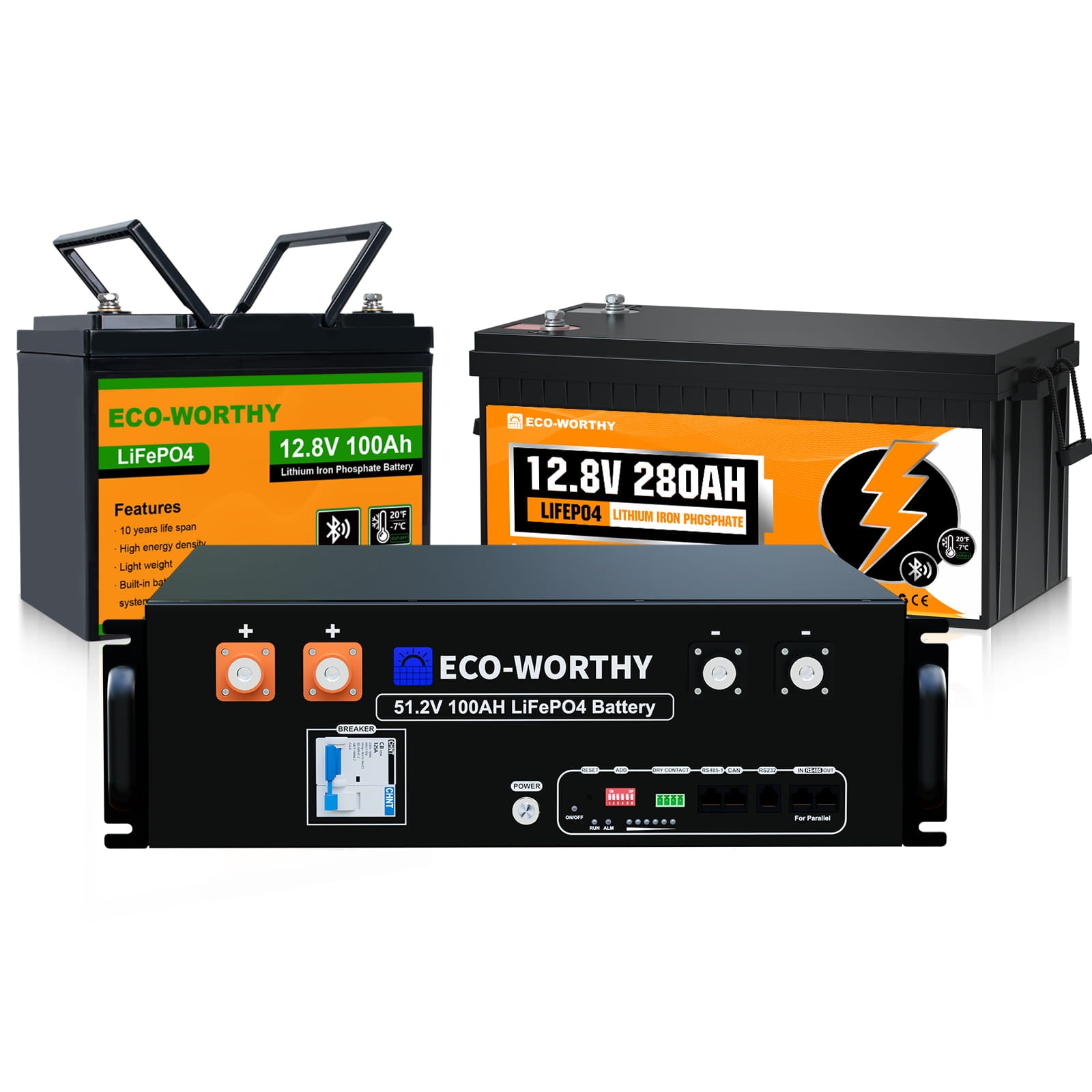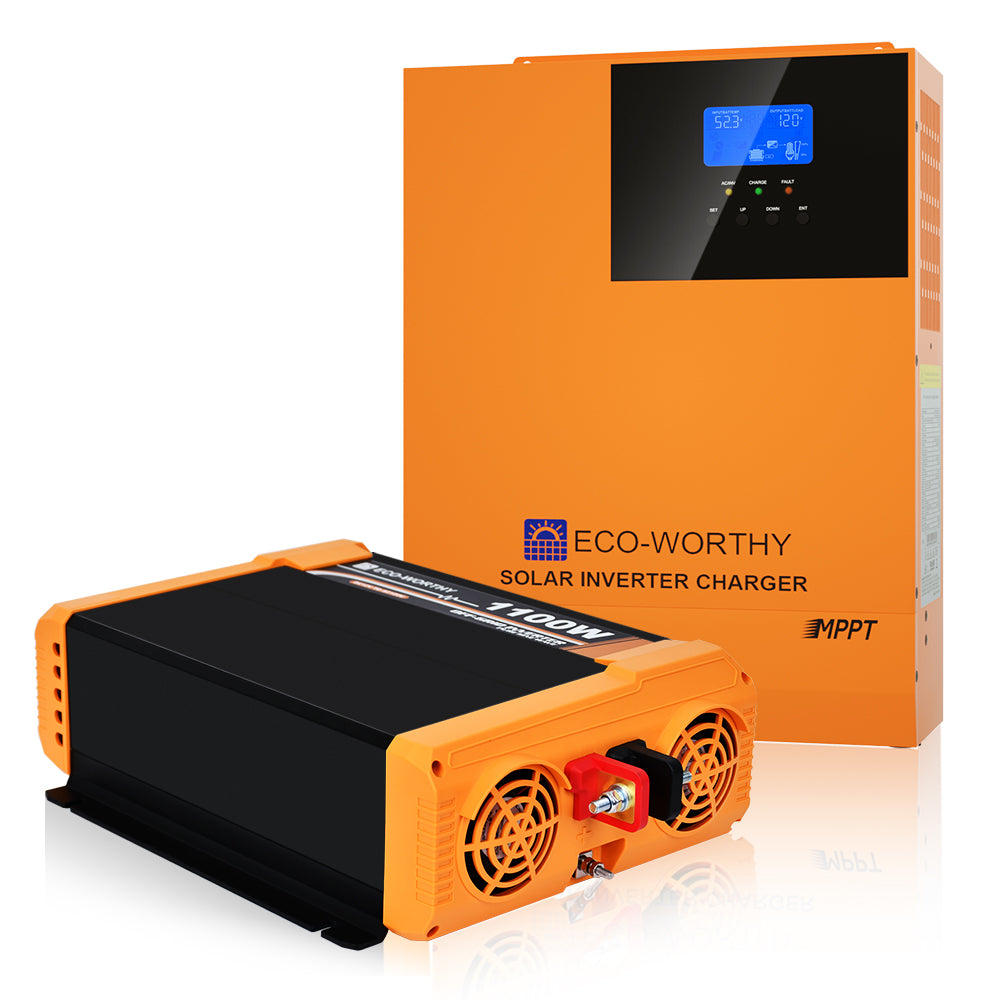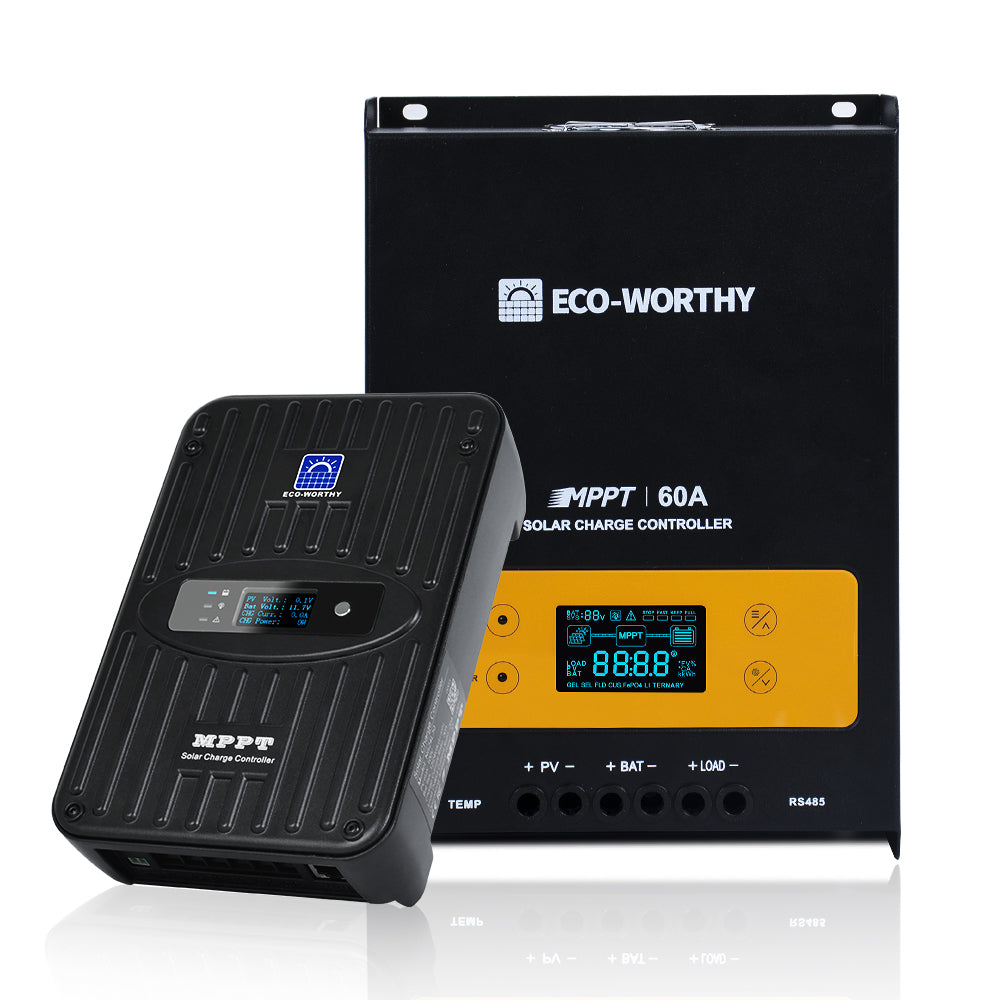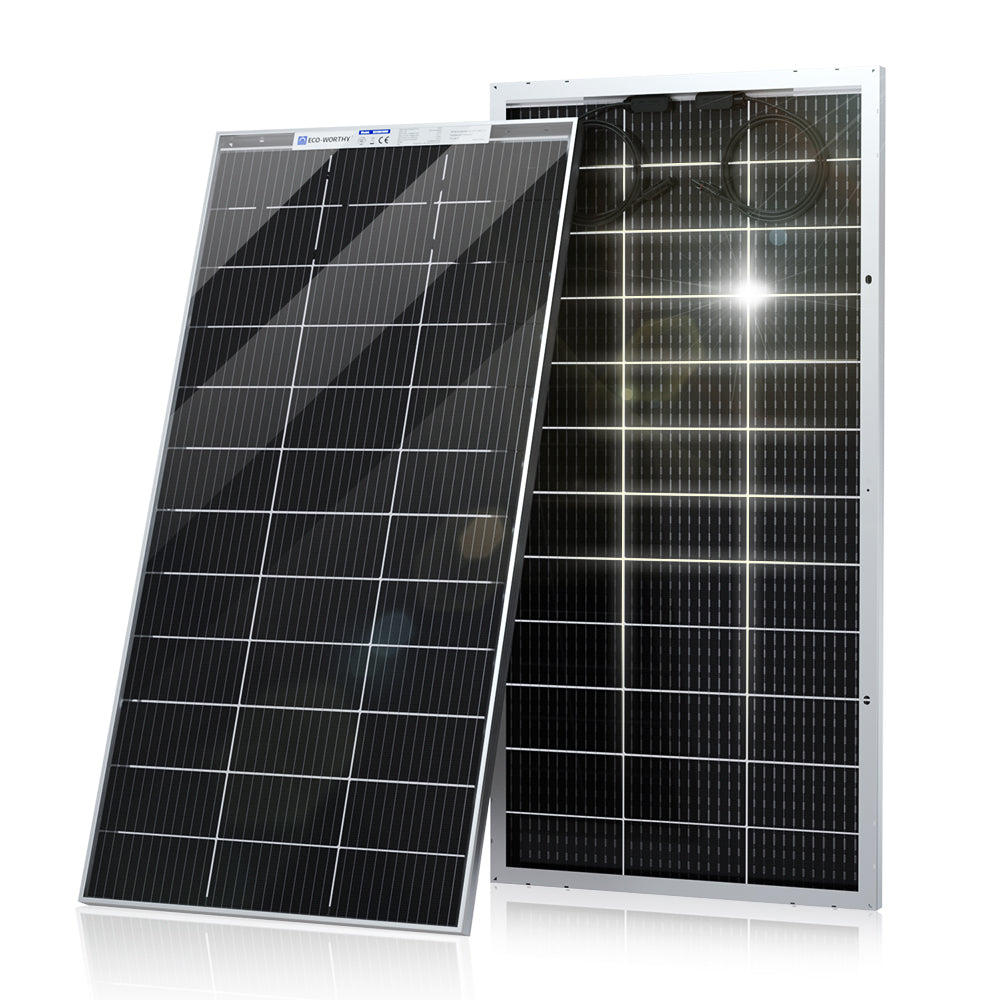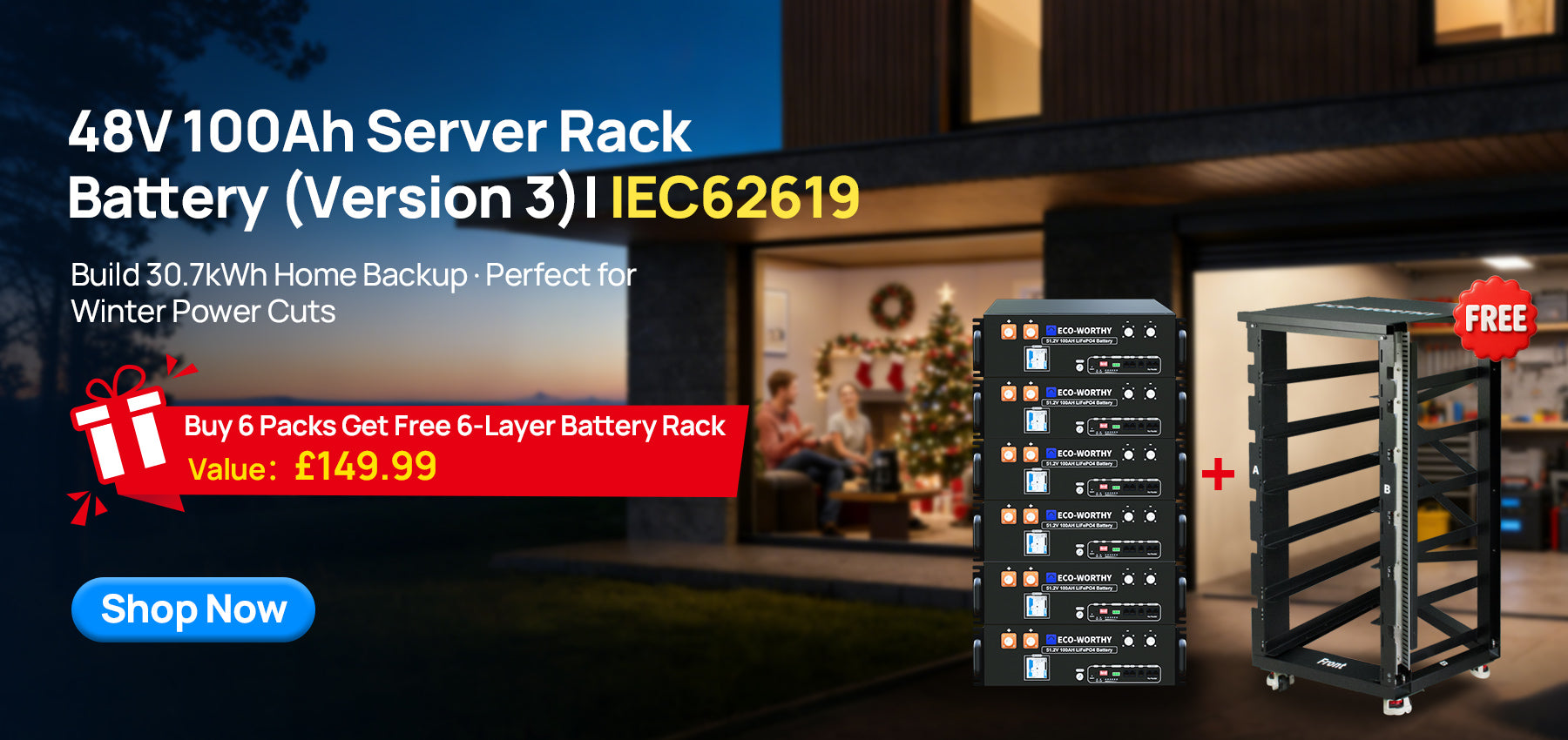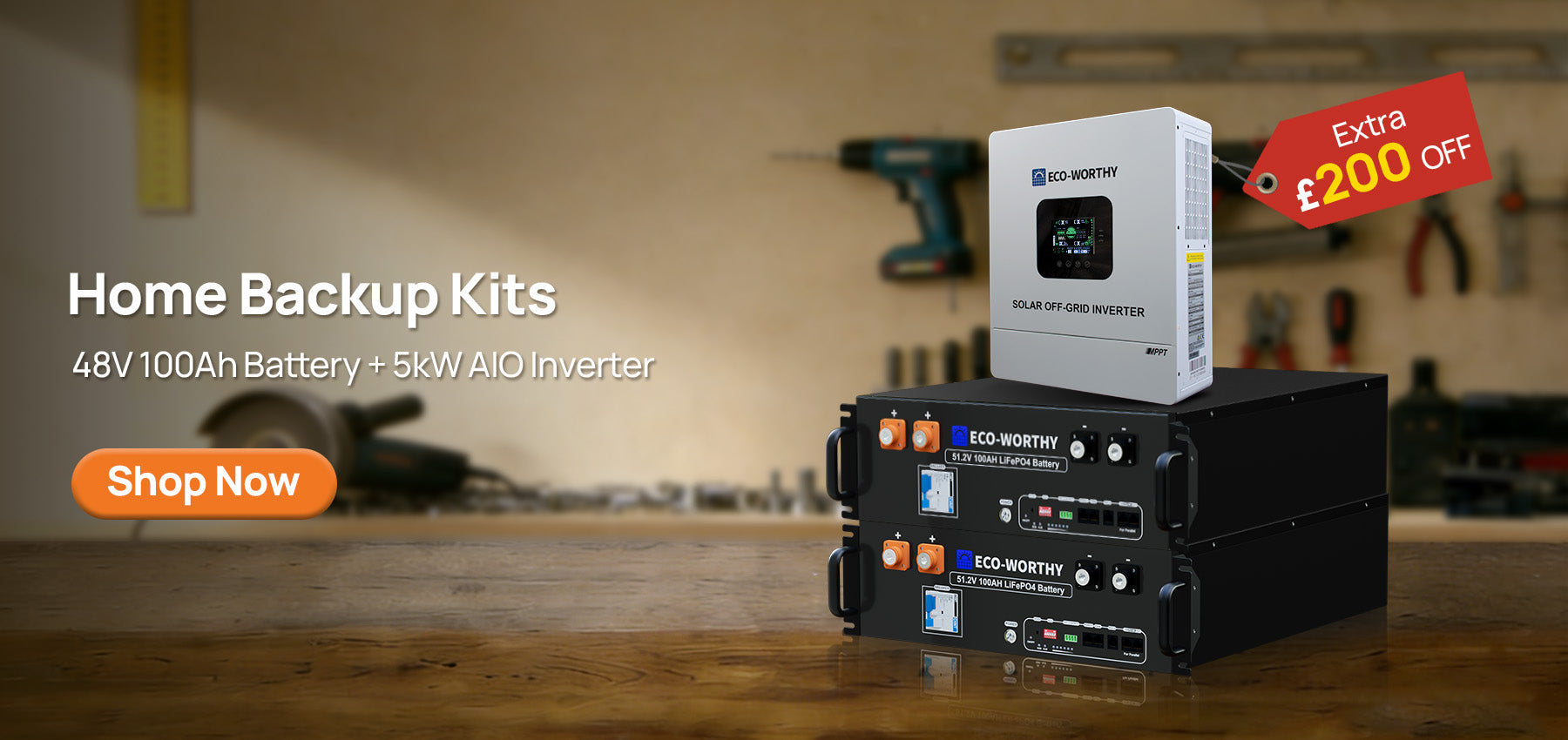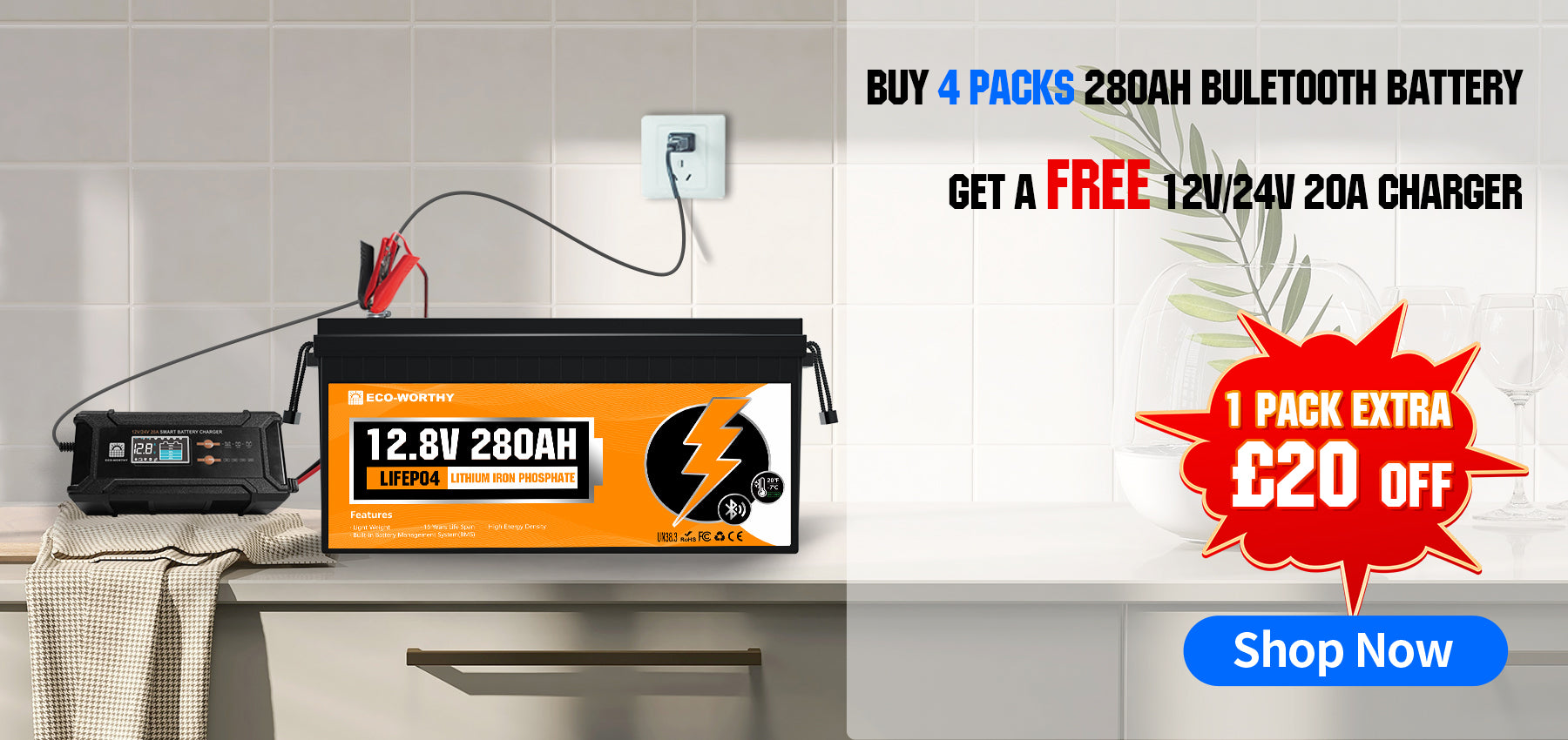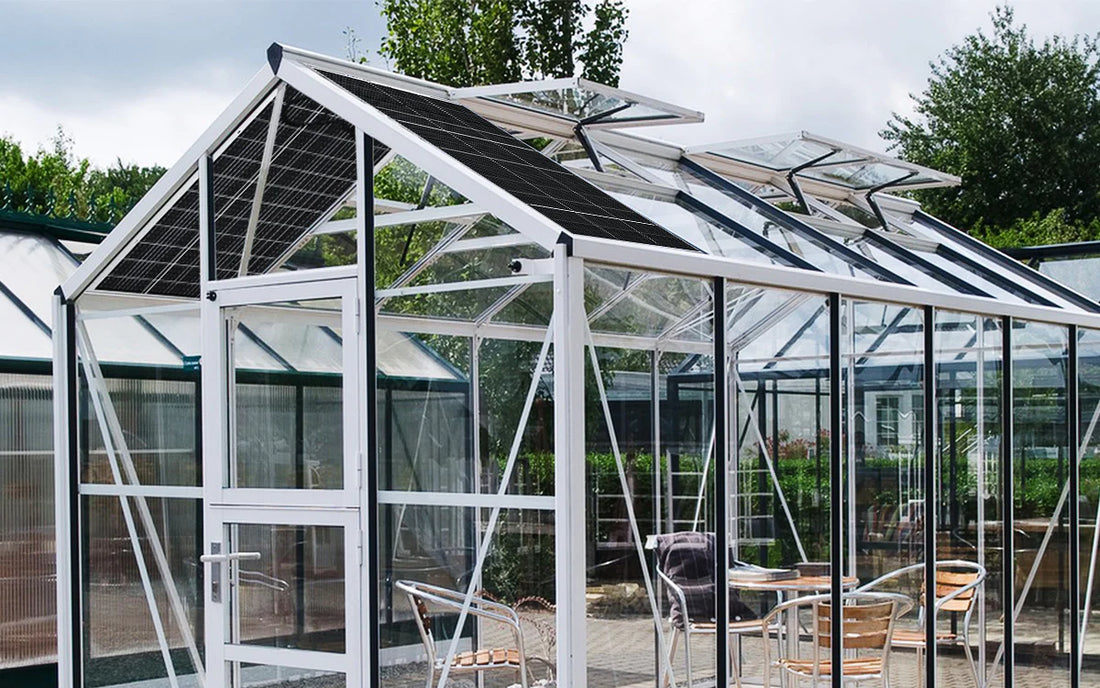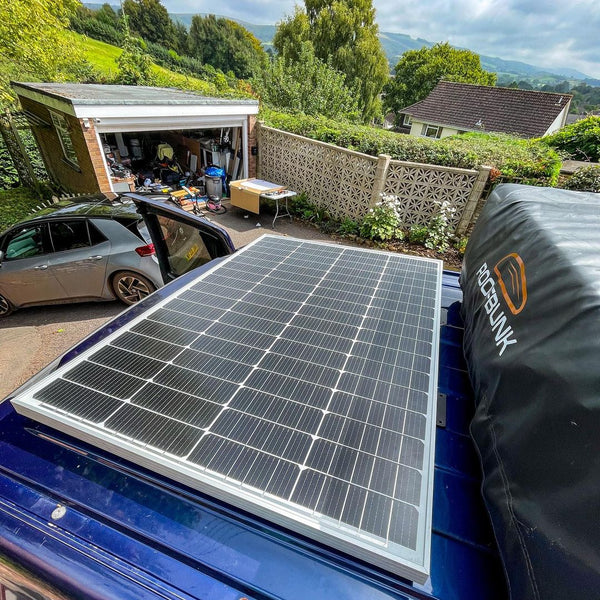Navigation
- The Basics of Solar Power: How It Works and Why It Matters
- On-Grid Solar Systems: Powering Your Home While Staying Connected
- Off-Grid Solar Systems: Energy Independence
- On-Grid vs. Off-Grid Solar: Which is Better for Your Home?
- Creative Uses for Off-Grid Solar Power in the UK
- Making the Right Solar Choice for Your Home
- Illuminating Your Solar Future
Solar power is becoming increasingly popular, but choosing the right system can be tricky. There are two main types: on-grid and off-grid. Each has its own advantages and suits different needs. This article will explain both systems in simple terms, comparing their costs, benefits, and uses. Whether you live in a city flat or a rural cottage, we'll help you understand which solar setup might work best for you. We'll look at how these systems can power homes, caravans, and even farms.
The Basics of Solar Power: How It Works and Why It Matters
Solar power is changing how we think about energy. It's a clean, renewable way to generate electricity that's becoming increasingly popular. Let's explore how it works and why many people are choosing to install solar panels.
1. How Solar Panels Turn Sunlight into Electricity
Solar panels contain special cells called photovoltaic cells. When sunlight hits these cells, it knocks electrons loose, creating an electric current. This current is direct current (DC), which isn't suitable for home use. An inverter changes this DC into alternating current (AC), which powers your household appliances.
2. Environmental Benefits of Solar Power
Solar power is good for the environment in several ways. It produces clean electricity without releasing harmful gases, helping to reduce carbon emissions. The sun is a renewable resource, providing a constant and sustainable energy source. Once installed, solar panels have minimal impact on the environment.
3. Financial Advantages
Installing solar panels can lead to lower energy bills as you generate your own electricity. The UK government offers incentives through the Smart Export Guarantee (SEG), which pays you for excess energy you send to the grid. Solar panels can also increase your property value, making them a smart long-term investment.
4. Long-term Benefits
Solar power offers a degree of energy independence, reducing your reliance on the grid and protecting you from rising energy prices. Solar panels need little maintenance and are built to last, with most guaranteed for 25 years or more.
On-Grid Solar Systems: Powering Your Home While Staying Connected
On-grid solar systems are the most common type in the UK. They connect your solar panels to the National Grid, allowing you to use solar power when it's available and grid electricity when it's not.

1. How On-Grid Systems Work
An on-grid system has three main parts: solar panels, an inverter, and a meter. The solar panels capture sunlight and convert it to electricity. The inverter changes this electricity from DC to AC for home use. The meter measures how much power you use and send to the grid.
During daylight, your panels generate electricity for your home. Any excess power goes to the National Grid. At night or on cloudy days, you draw power from the grid as needed.
2. Benefits of On-Grid Systems
On-grid systems are popular for good reasons. They cost less to install because they don't need expensive battery storage. You can earn money through the SEG by selling excess power to the grid. Plus, you always have a reliable power supply since the grid acts as a backup when solar isn't available.
3. Drawbacks to Consider
However, on-grid systems aren't perfect. You'll still lose power during grid outages, even on sunny days. Also, you're not fully energy independent as you rely on the grid for consistent power.
Off-Grid Solar Systems: Energy Independence
An off-grid system generates and stores all the electricity you need. It's not connected to the National Grid, so you're entirely self-sufficient for power.

1. How Off-Grid Systems Work
Off-grid solar systems have four main parts: solar panels, batteries, inverters, and charge controllers. The solar panels create electricity from sunlight. This power is stored in batteries for use when the sun isn't shining. Inverters change the stored power into a form your appliances can use. Charge controllers ensure the batteries are charged correctly and not overloaded.
During sunny days, the system powers your home and charges the batteries. At night or on cloudy days, you use the stored battery power. It's crucial to size the system correctly to ensure you have enough power year-round.
2. Advantages of Going Off-Grid
The main benefit of an off-grid system is true energy independence. You're not affected by power cuts or rising energy prices. It's also a good option for remote areas where connecting to the grid is difficult or expensive.
Off-grid systems can be environmentally friendly too. Once installed, they produce clean energy without relying on fossil fuels.
3. Challenges of Off-Grid Living
Off-grid systems come with some challenges. The upfront cost is higher because you need to buy batteries and extra equipment. You also need to manage your energy use carefully to avoid running out of power.
Maintenance is another factor to consider. Batteries need replacing every few years, and you'll need to keep an eye on all parts of the system to ensure it's working well.holiday homes, or temporary structures
Comparison of On-Grid and Off-Grid Solar Systems
|
Aspect |
On-Grid Solar Systems |
Off-Grid Solar Systems |
|
Cost |
Lower upfront costs; no batteries needed; can earn money through SEG scheme |
Higher upfront costs due to batteries and additional equipment; may save money long-term in remote areas |
|
Energy Reliability |
Reliable with grid backup; lose power during grid outages |
Energy independent; have power during grid outages; requires careful energy management |
|
Maintenance |
Less maintenance; durable components |
More maintenance; batteries need regular attention and replacement every 5-15 years |
|
Suitability in UK |
Ideal for urban and suburban areas with reliable grid access |
Better for remote areas, |
|
Adapting to UK Weather |
Can rely on National Grid during cloudy periods |
Needs careful planning for energy storage during less sunny days |
|
Future Considerations |
Easily expandable; can add battery storage later |
Requires more initial planning; needs correct sizing from the start |
On-Grid vs. Off-Grid Solar: Which is Better for Your Home?
Choosing between on-grid and off-grid solar systems depends on your specific needs and circumstances. Let's compare these options to help you make an informed decision.
1. Cost Considerations
On-grid systems are generally cheaper to install. You don't need to buy batteries, which can be expensive. The SEG scheme in the UK also allows you to earn money by selling excess energy back to the grid.
Off-grid systems have higher upfront costs due to the need for batteries and additional equipment. However, they can save you money in the long run if you live in an area where connecting to the grid is expensive.
2. Energy Reliability
On-grid systems provide reliable power. When your solar panels aren't producing enough electricity, you can draw power from the National Grid. However, you'll lose power during grid outages.
Off-grid systems give you energy independence. You'll have power even during grid outages, but you need to manage your energy use carefully to avoid running out of stored power.
3. Maintenance and Longevity
On-grid systems require less maintenance. The main components (solar panels and inverters) are durable and need little upkeep.
Off-grid systems need more attention. Batteries require regular maintenance and replacement every 5-15 years, depending on the type and usage.
4. Suitability for Different UK Locations
On-grid systems work well in most UK homes with grid access. They're ideal for urban and suburban areas where power cuts are rare.
Off-grid systems are better suited for remote areas where grid connection is difficult or expensive. They're also good for holiday homes or temporary structures.
5. Adapting to UK Weather
The UK's variable weather affects both systems. On-grid systems can rely on the National Grid during cloudy periods. Off-grid systems need careful planning to ensure enough storage for less sunny days.
6. Future Considerations
On-grid systems can easily be expanded if your energy needs increase. You can also add battery storage later if you want more independence.
Off-grid systems require more planning for future needs. You need to size the system correctly from the start to meet your long-term energy requirements.
Creative Uses for Off-Grid Solar Power in the UK
Off-grid solar systems aren't just for remote homes. They have many interesting applications across the UK.
1. Powering Rural Cottages
Many picturesque cottages in the countryside are far from the National Grid. Off-grid solar systems allow these homes to enjoy modern comforts without spoiling their rustic charm. Owners can run appliances, heating, and lighting without relying on noisy generators or expensive grid connections.
2. Energizing Eco-Homes
The eco-friendly housing sector is growing. Off-grid solar is perfect for these sustainable homes. It provides clean energy and aligns with the goal of reducing carbon footprints. Some eco-villages in Wales and Scotland are using off-grid solar to create self-sufficient communities.
3. Electrifying Caravans and RVs
Caravan enthusiasts are turning to off-grid solar for their adventures. Solar panels on the roof can power lights, fridges, and other small appliances. This setup allows for comfortable camping in remote locations, from the Scottish Highlands to the Cornish coast.
4. Powering Boats and Marinas
Off-grid solar is making waves in the boating community. Sailboats and narrowboats use solar panels to charge batteries, run navigation equipment, and power onboard amenities. Some marinas are also installing solar-powered charging stations for boats.
5. Supporting Agriculture
Farmers are finding off-grid solar useful for powering equipment in remote fields. Solar-powered electric fences, water pumps, and monitoring systems help manage livestock and crops in areas far from traditional power sources.
6. Lighting Up Events and Festivals
Temporary power is crucial for the vibrant festival scene. Off-grid solar systems provide clean, quiet energy for lighting, sound systems, and food stalls. This is especially useful for events in rural areas or those aiming to reduce their environmental impact.
7. Empowering Remote Work
With more people working remotely, off-grid solar is powering home offices in rural areas. It ensures a reliable power supply for computers, internet routers, and other work equipment, even in locations with unreliable grid connections.
8. Aiding Conservation Efforts
Wildlife trusts and conservation groups use off-grid solar to power research stations and monitoring equipment in remote areas. This helps track wildlife and collect environmental data without disturbing natural habitats.
These diverse applications show the versatility of off-grid solar power. From powering homes to supporting businesses and leisure activities, off-grid solar is helping people harness clean energy in creative ways.
Making the Right Solar Choice for Your Home
Choosing between on-grid and off-grid solar depends on your needs and situation. Here's what to consider:
- Energy Needs: Check your electricity bills. On-grid works for most homes, while off-grid needs careful planning to ensure enough power year-round.
- Location: Urban areas with reliable grid access suit on-grid systems. Remote areas or places with frequent power cuts might benefit from off-grid.
- Budget: On-grid systems cost less upfront. Off-grid systems are more expensive initially but may save money long-term in remote areas.
- Energy Independence: Off-grid offers complete independence but requires active energy management. On-grid provides partial independence with grid backup.
- Future Plans: On-grid systems are easier to expand. Off-grid systems need correct sizing from the start.
- UK Regulations: Both systems must meet building regulations. On-grid systems have additional requirements for grid connection.
- Incentives: The SEG applies to on-grid systems. Some areas offer grants for off-grid systems, especially for rural businesses.
- Maintenance: On-grid systems need less day-to-day upkeep. Off-grid systems require regular attention.
- Lifestyle: If you're often away, on-grid can feed unused energy to the grid. Off-grid needs regular monitoring.
- Professional Advice: Consult a certified UK solar installer for personalized recommendations based on your specific situation.
Your choice depends on your unique circumstances. Consider these factors carefully to find the best fit for your home.

Illuminating Your Solar Future
Solar power offers great benefits for homeowners, whether on-grid or off-grid. On-grid systems are cheaper to install and work well in most homes, letting you use both solar and grid power. Off-grid systems cost more upfront but offer complete energy independence, ideal for remote areas. Your choice depends on your location, energy needs, and budget. Both options help reduce your carbon footprint and energy bills. As the UK moves towards cleaner energy, installing solar panels is a smart investment. For the best results, consult a professional to find the right system for your home.

